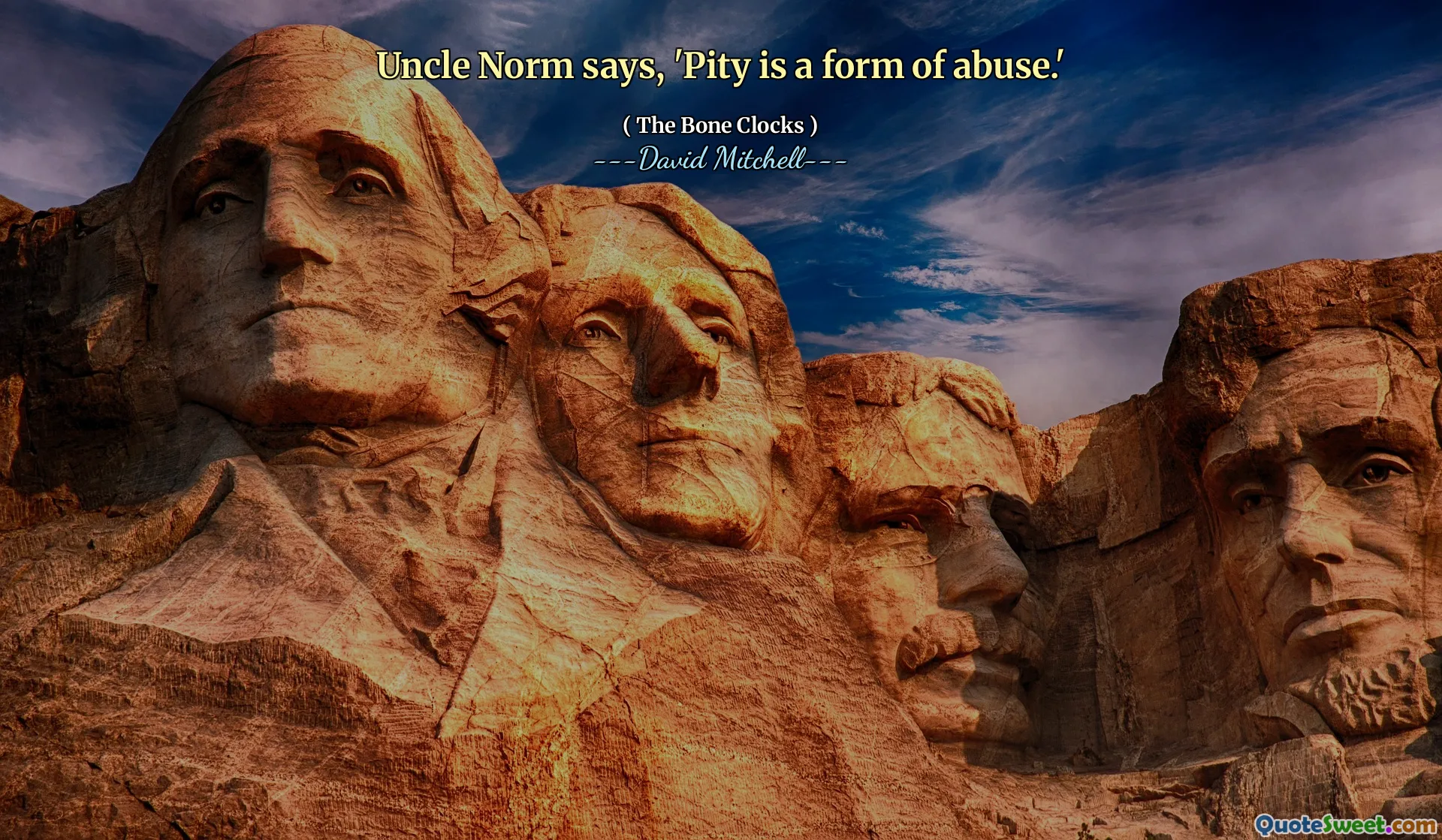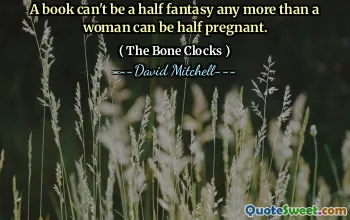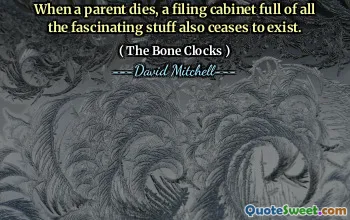
Uncle Norm says, 'Pity is a form of abuse.'
The assertion that pity can constitute a form of abuse invites deep reflection on the dynamics of empathy and power. At first glance, pity might seem like a compassionate response to someone's suffering; it implies recognition of their hardship and a desire to help. However, this quote challenges us to consider how pity can unintentionally reinforce feelings of inferiority or helplessness in the recipient. When someone is pitied, they might feel diminished or mocked, as if their struggles diminish their dignity or agency. Such feelings can lead to a sense of disempowerment, further isolating the individual rather than offering genuine support.
In the context of social interactions, especially where power dynamics are at play, pity can inadvertently diminish an individual's autonomy. It subtly places the pitee, or the one experiencing hardship, in a lower position, suggesting they are tragic or burdensome. This emotional response can hinder true understanding, as it is rooted in perceived superiority of the one giving pity rather than genuine solidarity. Instead of fostering empathy that uplifts, it may foster shame or resentment.
Looking at this idea from a broader societal perspective, it prompts us to consider how well-intentioned acts can sometimes do more harm than good if not thoughtfully executed. The line between compassion and condescension is thin; genuine compassion recognizes equal worth and seeks to empower rather than diminish. Equipment with awareness about how our attitudes and reactions influence others can transform compassion into meaningful support rather than inadvertent abuse.
In summation, adopting a mindset that recognizes the potential harm of pity encourages more respectful, empathetic interactions. It urges us to engage with others not from a position of superiority or superiority conceptualized as pity, but through humility and genuine understanding. Such a shift can foster relationships rooted in dignity and mutual respect rather than hierarchical judgments.











